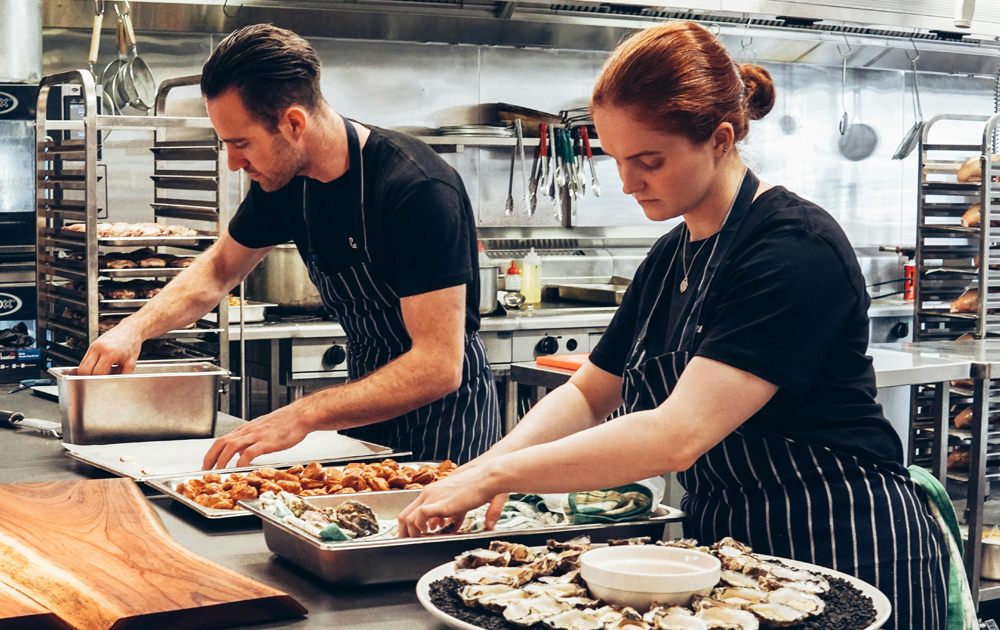
Water Usage in the UK Hospitality Industry: A 2023 Perspective
Water is an essential resource for the UK hospitality industry, powering everything from guest services to kitchen operations. However, in 2023, as sustainability becomes increasingly important, businesses are scrutinizing their water usage more than ever before. This blog delves into the current state of water consumption in the UK’s hospitality sector, exploring trends, challenges, and solutions for reducing water waste.
Current Water Usage Trends in the Hospitality Industry
In 2023, the UK hospitality industry remains a significant consumer of water. According to the latest data, the sector accounts for approximately 15% of the total commercial water usage in the country. Hotels, restaurants, pubs, and catering services are among the top consumers, with water being used for various purposes such as cleaning, cooking, laundry, and sanitation.
A typical UK hotel, for instance, consumes approximately 340 litres of water per guest daily. This figure varies depending on the size of the establishment and the services offered, with luxury hotels and resorts tending to consume more due to additional amenities like swimming pools, spas, and extensive landscaping. Restaurants also contribute heavily, using around 1,000 litres per day for every 50 meals served, primarily for cooking, dishwashing, and cleaning.
The Impact of Rising Water Costs and Climate Change
Water costs in the UK have been steadily increasing, driven by rising demand, aging infrastructure, and the need for more advanced water treatment processes. For the hospitality industry, this has led to higher operating costs. In 2023, water prices increased by an average of 4.1%, putting additional pressure on businesses already dealing with rising energy and food costs.
Moreover, climate change has exacerbated water scarcity in certain regions, particularly during the summer months. This has forced many businesses to rethink their water management strategies. The hotter, drier summers experienced in recent years have led to higher water usage for cooling systems and outdoor areas, further straining resources.
Sustainability Initiatives and Best Practices
Recognizing the financial and environmental implications of excessive water use, many businesses in the hospitality sector have started implementing sustainability initiatives. In 2023, there has been a notable increase in the adoption of water-saving technologies and practices. Some of the most effective strategies include:
- Water-Efficient Fixtures: Installing low-flow showerheads, taps, and toilets can reduce water consumption by up to 50%. Many hotels and restaurants have upgraded their facilities with these fixtures, leading to significant water savings.
- Greywater Recycling Systems: These systems allow businesses to reuse water from sinks, showers, and laundries for purposes like toilet flushing and irrigation. This not only reduces the demand for fresh water but also lowers water bills.
- Smart Water Management: Advanced monitoring systems have become more prevalent in 2023, enabling businesses to track their water usage in real-time. These systems help identify leaks, inefficiencies, and opportunities for conservation, leading to more informed decision-making.
- Employee Training: Educating staff about water conservation practices is crucial. Many businesses have launched training programs to ensure that employees are aware of the importance of saving water and know how to implement water-efficient practices in their daily tasks.
- Customer Engagement: Some establishments have also begun involving their guests in water-saving initiatives. This includes placing informational signage in rooms and public areas, encouraging guests to reuse towels and linens, and offering rewards for eco-friendly behaviour.
Looking Ahead: The Future of Water Usage in the Hospitality Industry
As the UK continues to grapple with environmental challenges, the hospitality industry’s approach to water usage will play a critical role in the country’s sustainability efforts. In 2023, we are seeing a clear shift towards more responsible water management, driven by both economic pressures and environmental concerns. However, there is still much work to be done.
Moving forward, businesses will need to continue investing in water-efficient technologies, refining their operational practices, and engaging both staff and customers in conservation efforts. By doing so, the UK hospitality sector can not only reduce its environmental footprint but also safeguard its profitability in an increasingly water-conscious world.
In conclusion, water usage in the UK hospitality industry in 2023 is characterized by significant consumption, rising costs, and a growing emphasis on sustainability. Through continued innovation and commitment to water conservation, the sector can meet the challenges of today while paving the way for a more sustainable future.
